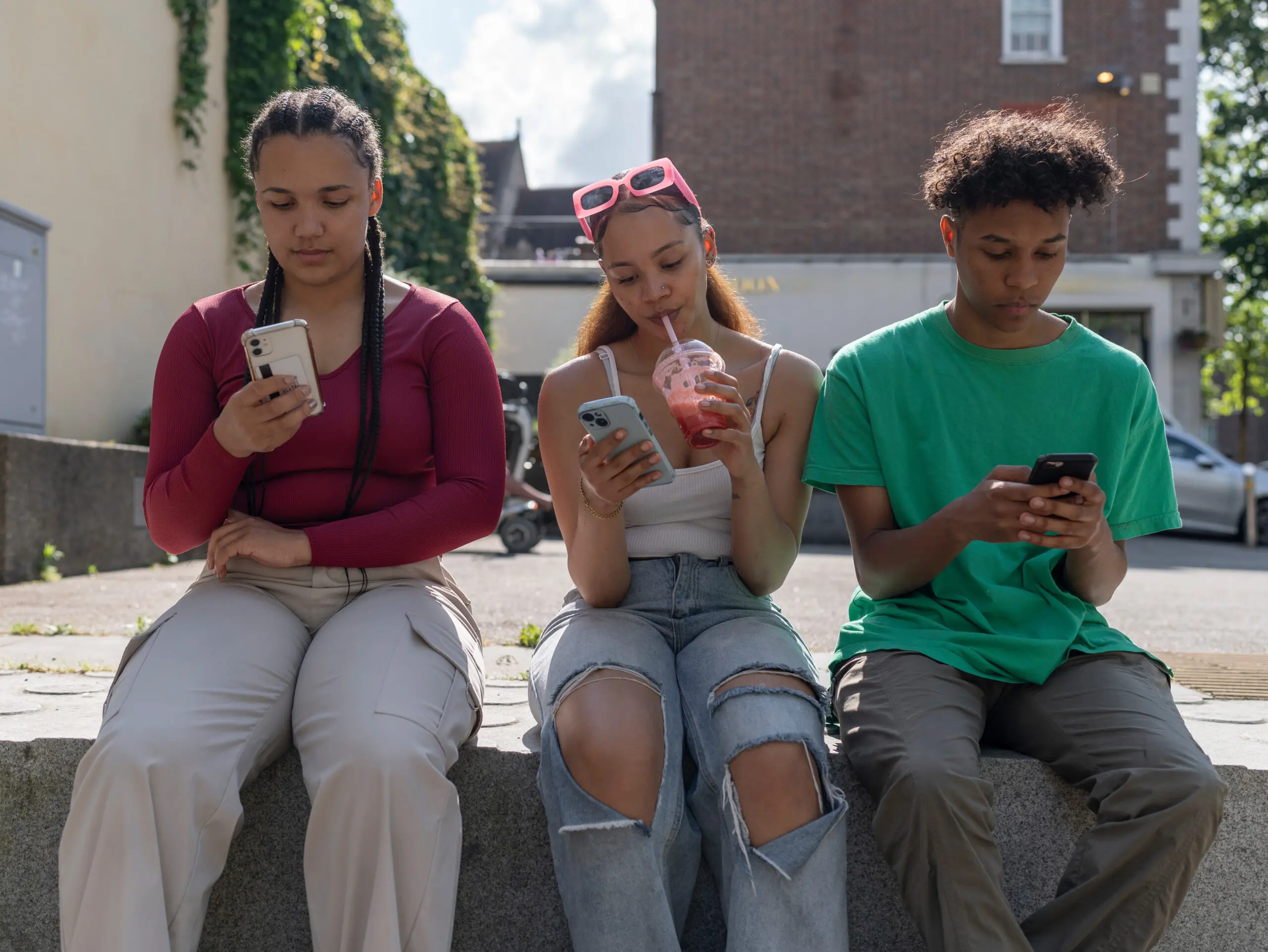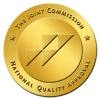A recent Forbes article revealed that the average person spends a staggering 145 minutes per day on social media sites like Facebook, TikTok, Instagram, and Snapchat—the equivalent of 5.7 years of scrolling over the course of a typical adult lifespan. However, researchers are only now beginning to fully understand how social media can affect a person’s mental health and general sense of well-being.
Risks of Spending Too Much Time on Social Media
Many people like to joke about how much time they spend online, but social media addiction can have serious real-life consequences. For example:
- Excessive use of social media can negatively impact your self-esteem. Constant exposure to curated and often unrealistic depictions of others’ lives can lead to comparisons and feelings of inadequacy.
- Social media can worsen pre-existing mental health disorders. Too much time scrolling has been shown to increase feelings of anxiety and depression in people with diagnosed mental health disorders. Doomscrolling is the name researchers have given to the tendency of people who are struggling with their mental health to seek out news that confirms how they feel.
- Too much time online is bad for your physical health. Prolonged use of social media often involves sitting for extended periods, which can contribute to a sedentary lifestyle and associated health issues such as obesity, poor posture, and eye strain.
- Excessive scrolling on social media platforms can lead to procrastination and decreased productivity in daily tasks or responsibilities. Constantly checking notifications and feeds can disrupt focus and concentration.
- Social media use can negatively impact sleep quality. Exposure to the blue light emitted by screens while engaging with stimulating content can disrupt the body’s natural sleep-wake cycle and lead to insomnia or poor sleep quality.
- Oversharing poses privacy and security risks. Sharing personal information on social media can compromise privacy and expose you to identity theft, cyberbullying, or harassment.
- Social media can make you less likely to invest in real-life experiences. Spending too much time on social media can detract from face-to-face interactions and meaningful connections with friends, family, and colleagues.
Signs You Need to Rethink Your Relationship With Social Media
Social media platforms are designed to be addictive, with an opportunity for endless scrolling and notifications that trigger dopamine responses in the brain. Every situation is unique, but if you agree with any of the following statements, it may be time to rethink your social media usage:
- You spend a large portion of your day on social media. If your social media use interferes with other responsibilities or important activities, this is a sign you need to rethink your behavior.
- You’re constantly checking your phone. Feeling the need to constantly check your social media feeds in situations where it’s not appropriate, such as during conversations or while driving, isn’t healthy.
- Social media puts you in a bad mood. If using social media leaves you feeling anxious, depressed, inadequate, or angry, it may indicate an unhealthy relationship with these platforms.
- You’re struggling with low self-esteem. Constantly seeking validation or approval through likes, comments, or shares and feeling a sense of worth tied to your social media presence or online persona is a sign you should cut back on social media usage.
- You’re neglecting real-life relationships. Prioritizing online interactions over spending time with friends, family, or loved ones in person indicates the need for a healthier relationship with social media.
- You’re no longer interested in offline activities. Losing interest in hobbies, activities, or social events in favor of spending more time on social media is problematic.
Developing a Healthier Relationship With Social Media
If you’d like to move towards a healthier relationship with your favorite social media platforms, here are some helpful tips to consider:
- Set daily time limits for social media use. This helps prevent excessive scrolling and ensures you have time for other activities offline.
- Curate your feed. Unfollow accounts that don’t positively contribute to your mental well-being and follow those that inspire, educate, or entertain you in a positive way.
- Practice mindful scrolling. Be mindful of how you’re feeling before, during, and after scrolling to help identify any negative emotions or triggers associated with social media use.
- Limit your notifications. Reduce the frequency of notifications from social media apps to minimize distractions and interruptions throughout your day.
- Be selective with what you share. Before posting anything, consider whether it adds value to your life or the lives of others. This can help you cultivate a more authentic online presence and reduce feelings of pressure or comparison.
- Plan a regular digital detox. Incorporate periods of time throughout your week when you intentionally disconnect from social media. Use these breaks to engage in offline activities, connect with loved ones, or simply relax and recharge away from the digital world.
Get the Help You Need to Manage Your Mental Health
Located in Bettendorf, Iowa, Eagle View Behavioral Health helps teens and adults find effective ways to manage their mental health. This includes looking at how everyday triggers like social media use can affect symptoms. Contact us today to learn more.







